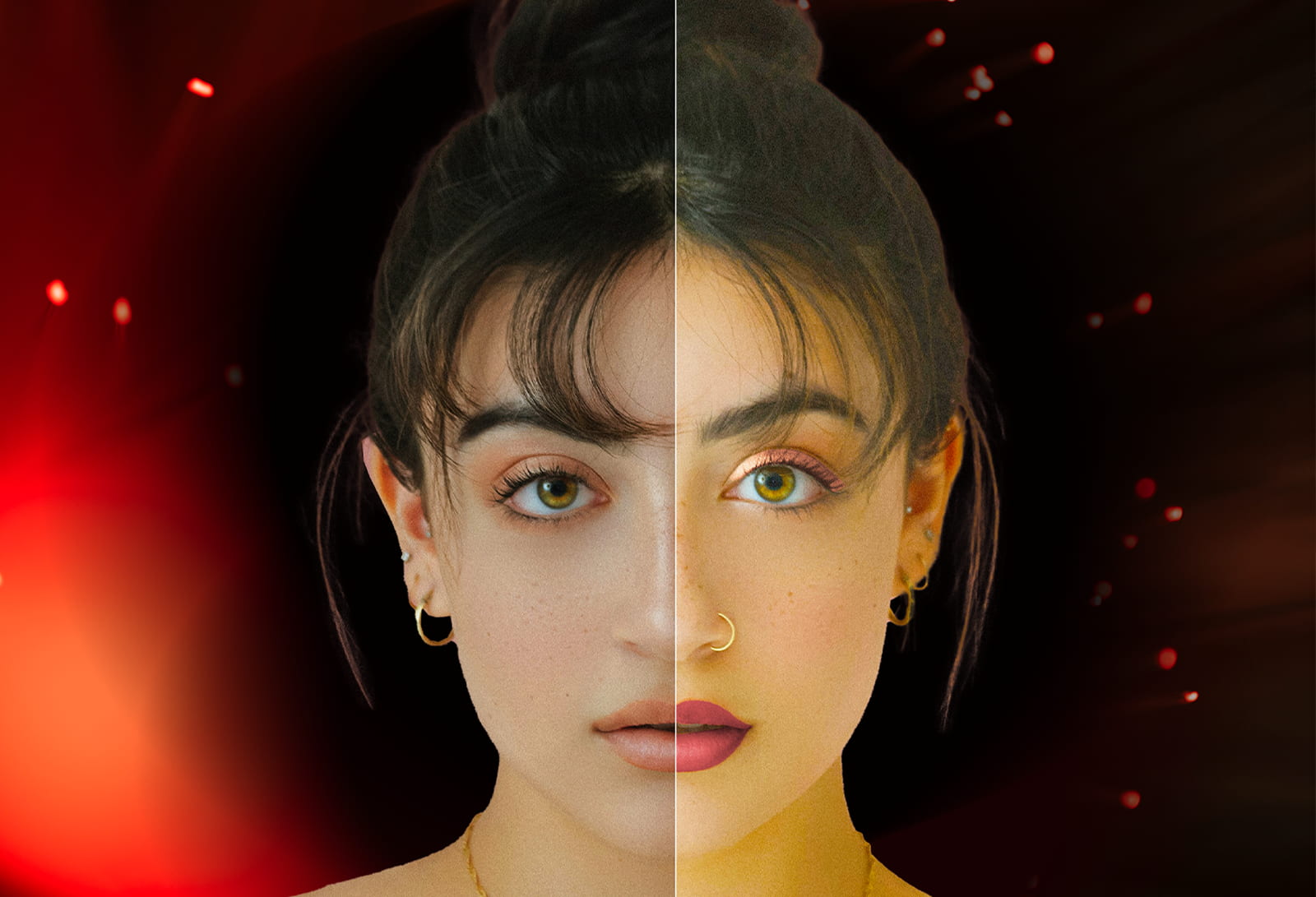The beauty market in the United States is flourishing due to diverse skincare, makeup, and other beauty preferences, along with the dynamic consumer behaviors. The 2024 mid-year update presented a promising 5.5% increase in sales in the first half of the year, expecting additional growth. It is observed that 41% of beauty and personal care sales occur online, making it apparent that a strong digital strategy is essential for brands to succeed in today’s market.
Notably, these trends are not exclusive to the US. Parallel patterns are emerging worldwide, as consumers across Europe, Asia, and Latin America also seek personalized experiences in beauty categories. To cater to this expanding demand globally, brands are increasingly employing a full range of Artificial Intelligence (AI) technologies. These include computer vision facial and skin diagnostics, live Augmented Reality (AR) virtual try on, sophisticated AI multi-product recommendations, and Generative AI to deliver hyper-personalised solutions on a large scale.
Generative AI has been the main driving force in driving innovation in the beauty industry. Using this AI, brands can significantly enhance personalised beauty experiences. Conversational AI improves consumer interactions by giving real-time guidance and educational content, at the same time as allowing inspirational shopping. Generative AI carefully integrates multiple beauty aspects, creating a supreme beauty fusion experience.
The utilization of zero and first-party consumer data offers brands a deep comprehension of their customers. This data-driven insight gives them the power to create highly relevant and personalised experiences that are appreciated by their customers. The brands can stand apart by offering solutions that fulfil the specific desires and needs of their audience, a step-up from generic personalisation.
Digital transformation is a key driver for personalisation at a large scale, as suggested by the 2024 State of the Beauty Industry report. AI is shaping the way beauty can be perceived in this new, data-driven era by offering tailored experiences that connect with consumers globally.
AI, which includes Generative AI, conversational AI, machine learning etc., plays a crucial role in delivering personalisation. Generative AI is the next progression in providing real-time, personalised beauty experiences that deeply connect with consumers. It transcends basic personalisation by understanding context in unique ways. It enables consumers to interact and express themselves differently, thereby expanding the spectrum of AI’s potential. However, to fully utilise this potential, AI must be powered by data, specifically zero and first-party data, to create transformative experiences.
Brands can gather millions of unique data points that capture consumer preferences, behaviours, and interactions in real-time. By using this data, brands can drive broader personalisation across all their channels, thereby making more sophisticated and timely business decisions.
Data is also the driving force behind AI. Without data, AI would lack insights necessary to create meaningful, personalised experiences. Several compelling trends can be identified by tapping into millions of unique data points. These trends include younger consumers focusing on acne treatments and brightening products; older audiences prioritizing anti-aging solutions; the rise in demand for natural and cruelty-free products among eco-conscious consumers; and customers across demographics desiring tailored skincare routines.
By transforming data insights into actionable strategies, beauty brands can refine their approach across merchandising, marketing, and product development to align better with the evolving needs of their customers. This ranges from stocking products to meet demand, crafting personalised marketing campaigns, fine-tuning inventory management by understanding the preferences of specific audiences, and developing innovative products to cater to the unique traits of their consumers.
In conclusion, AI, especially Generative AI, and data are inseparable. To truly stand out and offer personalised experiences to the audience, brands must go beyond general Generative AI solutions that rely on publicly available data. Brands that leverage their unique data sets will create personalised experiences that deeply resonate with their audiences and keep them ahead of the competition. As they say, “Knowledge is Power”—and in today’s beauty industry, data is undoubtedly powerful.





